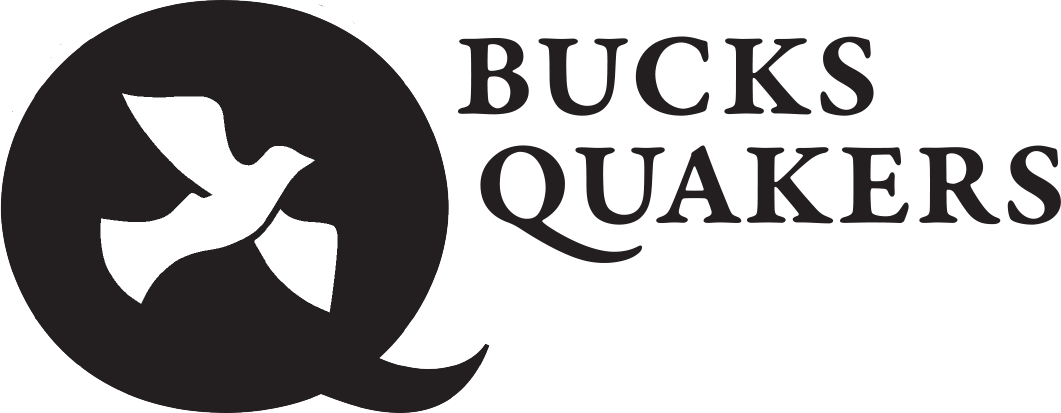Meet Yardley Friends Author Linda Jacobs Snyder
Yardley Friends Meeting member Linda Jacobs Snyder has self-published a book called She Chef, a memoir about her forty years as a female chef in a male-dominated food industry.
Linda came of age in the seventies in a town where young people believed in buying local, saving the earth, and stopping war. It was also a time when the food culture in America was rapidly changing.
Breaking into a field where women were told they didn’t belong was both an ongoing struggle and an exhilarating challenge. In her book, she writes about the nature, connectivity, and romance of food and what her life was like in the back of a restaurant.
Once Linda retired from her busy profession, she felt it was time to write about her adventures in the kitchen. But then came a whole new set of challenges with learning how to self-publish; it has been an eye-opening experience! With a little help from her friends, She Chef is now on the shelves and available for purchase.
Linda is currently on a publicity tour of local independent bookstores. You can purchase her book at Commonplace Reader, 49 S. Main Street in Yardley, PA, and on February 24th from 5-7 pm there will be a Book & Wine event at Simple Vino, 25 New Jersey Route 31 S. Shop #17, Pennington, NJ. She Chef is also available from Amazon Books, or you can click here to purchase a digital version.
Linda was kind enough to answer some questions about herself and her book:
Why did you choose to go to school to be a chef? What was the allure?
Linda Jacobs Snyder
I started out going to NYU to be a dental assistant. It was still the days when most woman got jobs like nurse, teacher, dental assistant, or other jobs assisting men in some way. I was in my mid-twenties and living on my own in Oregon, and I was having a hard time making ends meet. I also wanted to find a profession where I could do my own thing, and I wasn’t sure right away what that would be. I always loved to cook and after talking to a friend about The Restaurant School in Philadelphia, I decided that was what I wanted to do. I enrolled there, but the school was new and cancelling most of the classes, so I applied to The Culinary Institute of America (CIA) and finished there.
What was the most challenging thing about being a woman in a male-dominated profession?
Men were always telling you “women don’t belong in the kitchen.” A combination of getting my own confidence up and proving it to the men was a challenge. Graduating from the most renowned culinary institute in the country helped, but many times a woman wouldn’t be hired as head chef and if she were, she was paid less. And many men resented having a woman as their boss.
Tell me a little bit about your career path – how did you end up self-employed with your own catering business?
I worked in restaurants for years traveling between coasts. After graduating I was a chef in the Hamptons, and I was head chef, pastry chef, sous chef, and held other cooking jobs over the years. Being a pastry chef was a more accepted role for a woman, but it was not what I wanted to do. After many years it felt like I could only get the appreciation and creative license I desired by owning my own business. Since I didn’t have the capital to open a restaurant, I decided that an off premises catering business was the way to go.
What things changed over the course of your career?
Personally, building my own skill and confidence helped to get me more respect and better jobs. Even after thirty years of experience I occasionally had someone who would give me a hard time. By the time my career was over, I began to see restaurants hiring more women as chefs, but they were more often head chef if they owned their own restaurant.
Do you have any advice to offer to other women who would like to work in the food industry?
I tell anyone that it’s a crazy lifestyle with crazy hours and a hard way to make a living. I let them know you have to be crazy enough to love it. If you are, go for it. I think it’s a lot better today for women. I visited CIA a few years ago and there were a lot more women on campus. When I was there, we had about four women in each class. Now classes are about 50% women and 50% men. I’m sure it isn’t totally better now for women, but I was always crazy enough to love it!
